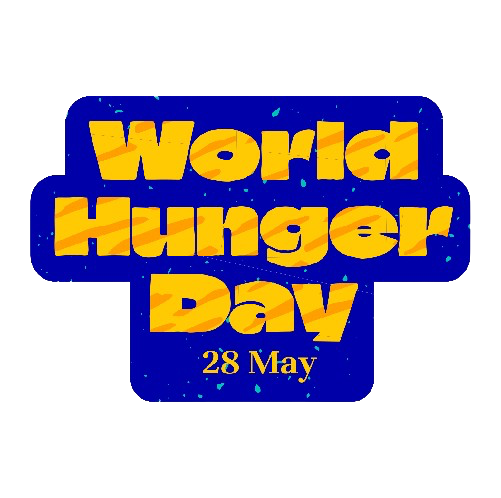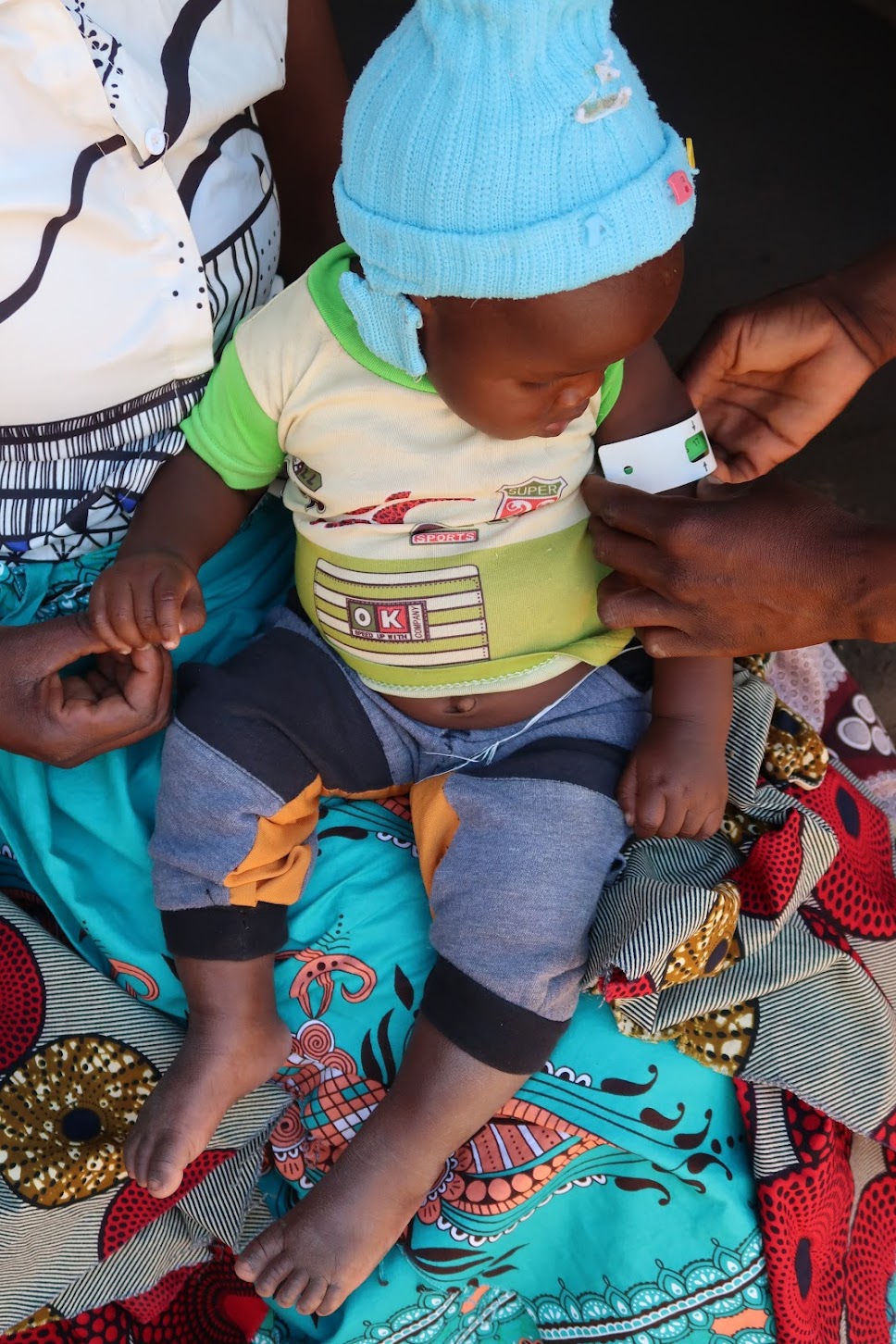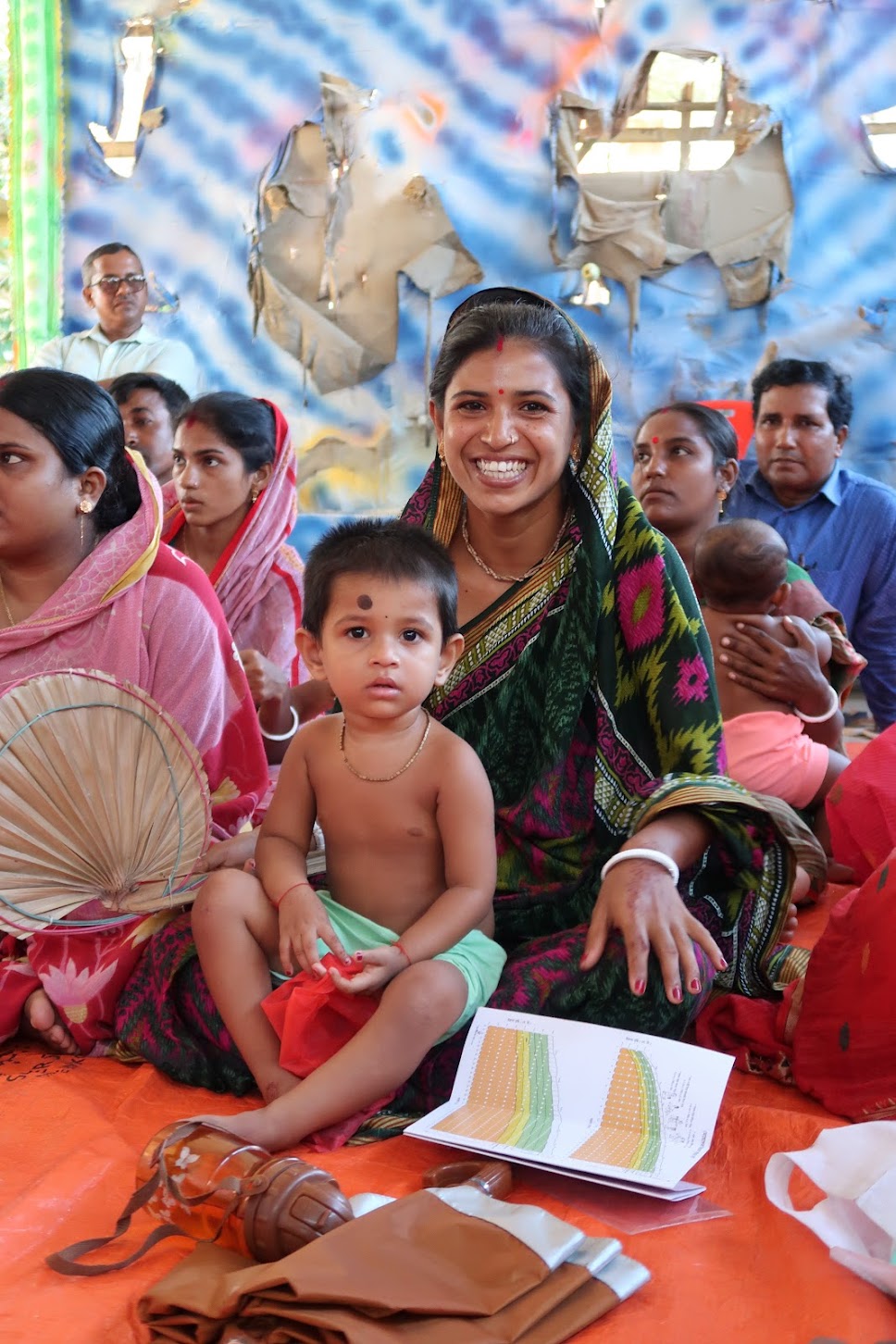Learn more.
Malnutrition is one of the biggest contributors to the cycle of chronic hunger, affecting every country in the world.
Malnutrition describes any imbalance in a person’s intake of nutrients.
It includes undernutrition, which causes wasting (low weight-for-height), stunting (low height-for-age) and low weight-for-age; micronutrient excess or deficiencies; and overnutrition, which leads people to be overweight or obese. It has developmental, economic, social and medical impacts on individuals and their families, communities and countries.
Women and children, especially those living in poverty, are particularly vulnerable to malnutrition.
When nutritious food is scarce, families must make hard choices. Girls are often fed last and least. Mothers eat only after their family is fed. Poor nutrition impacts girls’ and women’s ability to grow, learn and thrive, creating a cycle of poverty and hunger.
The effects of malnutrition become increasingly obvious once a girl or woman becomes pregnant. It can weaken their immune system and increase their risk of complications during pregnancy and childbirth. The lack of vitamins and essential nutrients before and during pregnancy can increase the risk of stillbirth, premature birth or birth defects.
Investing in a mother’s nutrition, including in the couple of years before she becomes pregnant and when she is pregnant and lactating, is crucial to reduce the number of children who are born into lifelong health challenges.
In 2023, UNICEF found that the high prevalence of maternal undernutrition and anemia is a leading cause of low birth weight for an estimated 20 million infants each year. Additionally, half of the 51 million children under age 2 who are stunted became stunted during pregnancy and the first six months of life — the critical period during which children fully depend on their mother for their nutrition. While this can feel like a cycle that is hard to break, we know that malnutrition can end.
To create a world without hunger, we must support the nutrition of mothers, mothers-to-be and their children.
Join us on World Hunger Day to shed light on this critical issue.
Learn more about maternal and child nutrition with the following resources:
- Undernourished and Overlooked: A global nutrition crisis in adolescent girls and women. (UNICEF 2023)
- Maternal and Child Nutrition Series (The Lancet, 2008 – 2013)
- Global Nutrition Report (2022)
- The State of Food Security and Nutrition in the World (Food and Agriculture Organization, 2023)
- Malnutrition (World Health Organization)
Take Action Today.
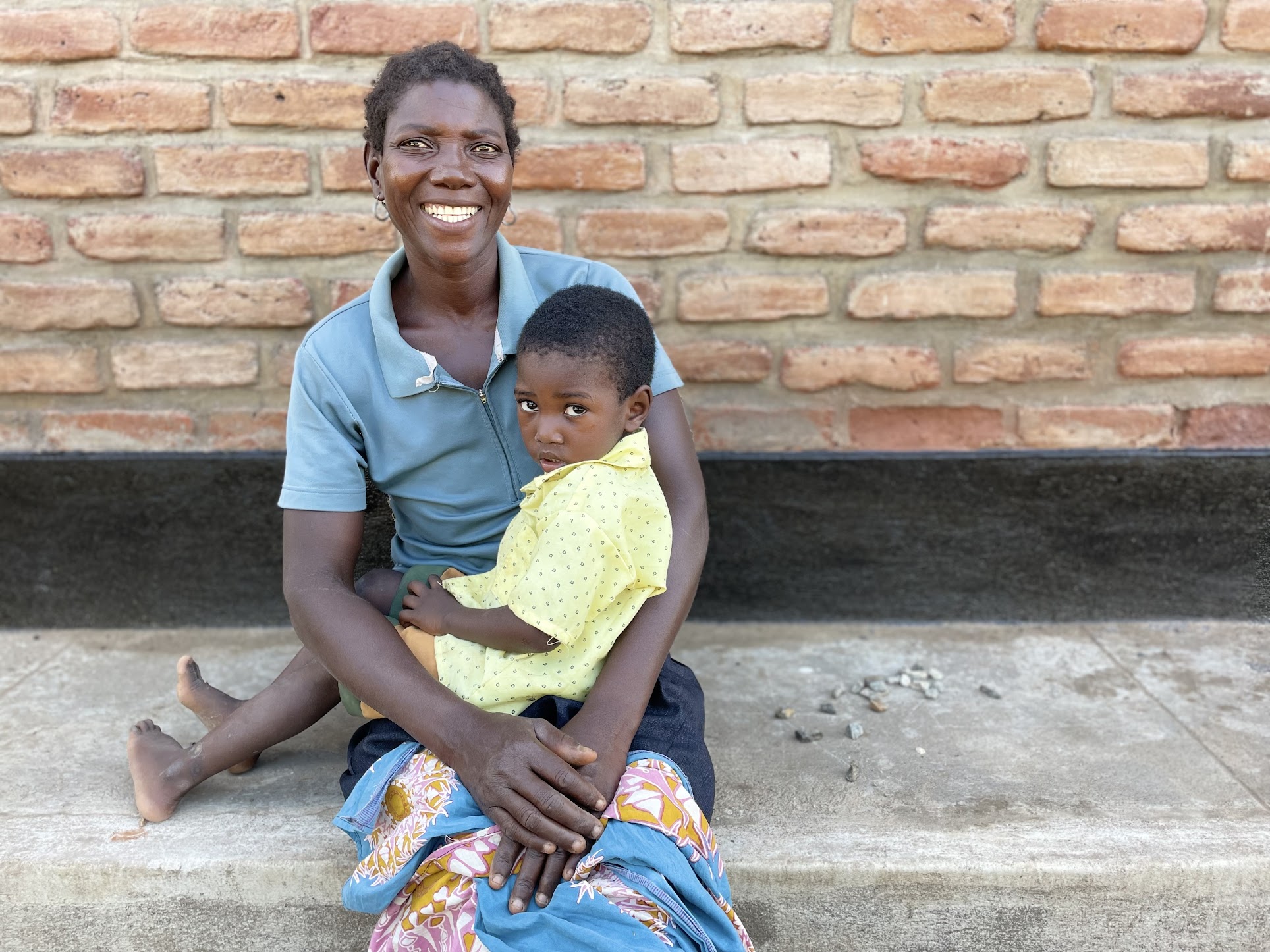
Invest in Mothers
Access to nutrition education can be one of the most powerful interventions to prevent malnutrition. When we support and uplift mothers, we're not just helping families, but building stronger communities. Thriving moms mean a brighter future for everyone.

Share Your Story
Breastfeeding and ensuring children have good nutrition is hard work. Share your story and words of encouragement for women around the world! We will share a selection of stories online and with women in rural communities across Africa, Asia and Latin America.
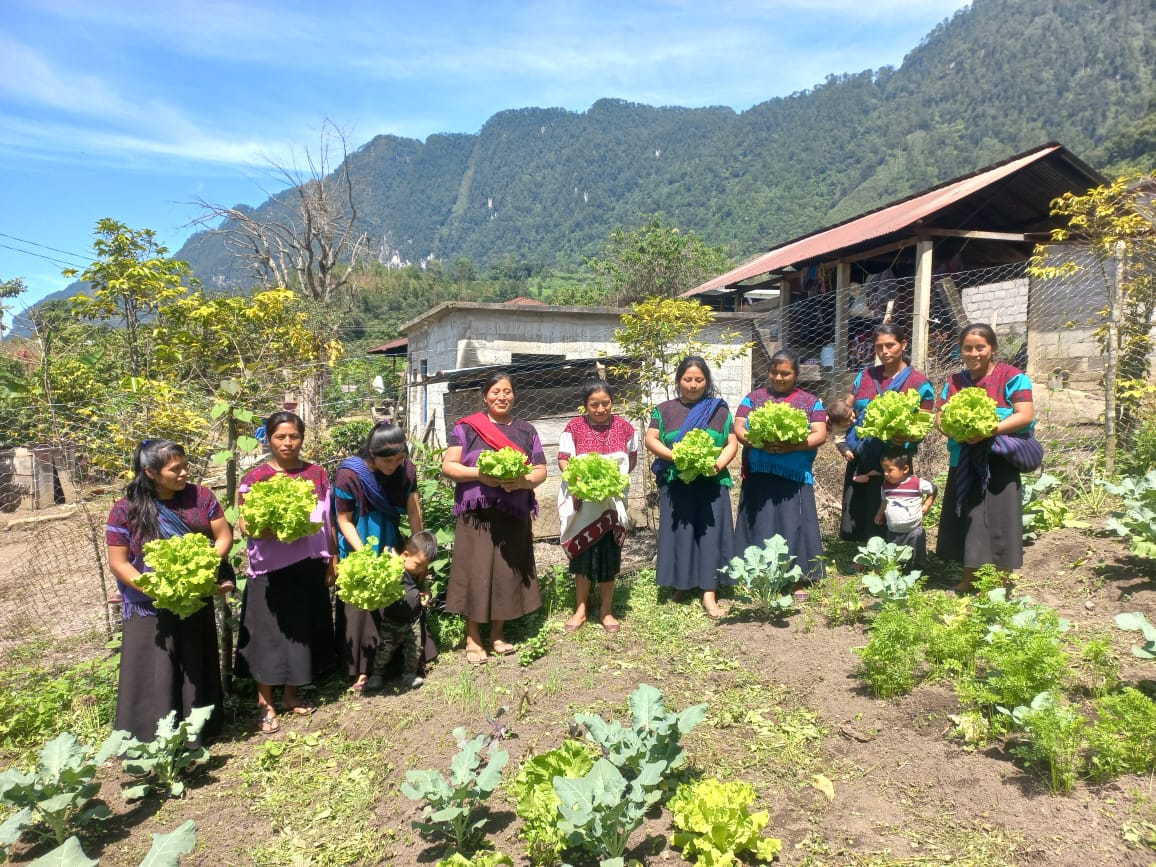
Inspire Nutritious Eating
Share your favorite nutrient-packed recipe today on social media - and remember, even the simplest recipes can make a big impact! Use the hashtag #WorldHungerDay2024 and tag @TheHungerProject.

Become a World Hunger Day Champion
Download our social media toolkits and share your support for thriving mothers on World Hunger Day. Or you can enroll your company to become a partner for a world without hunger.
